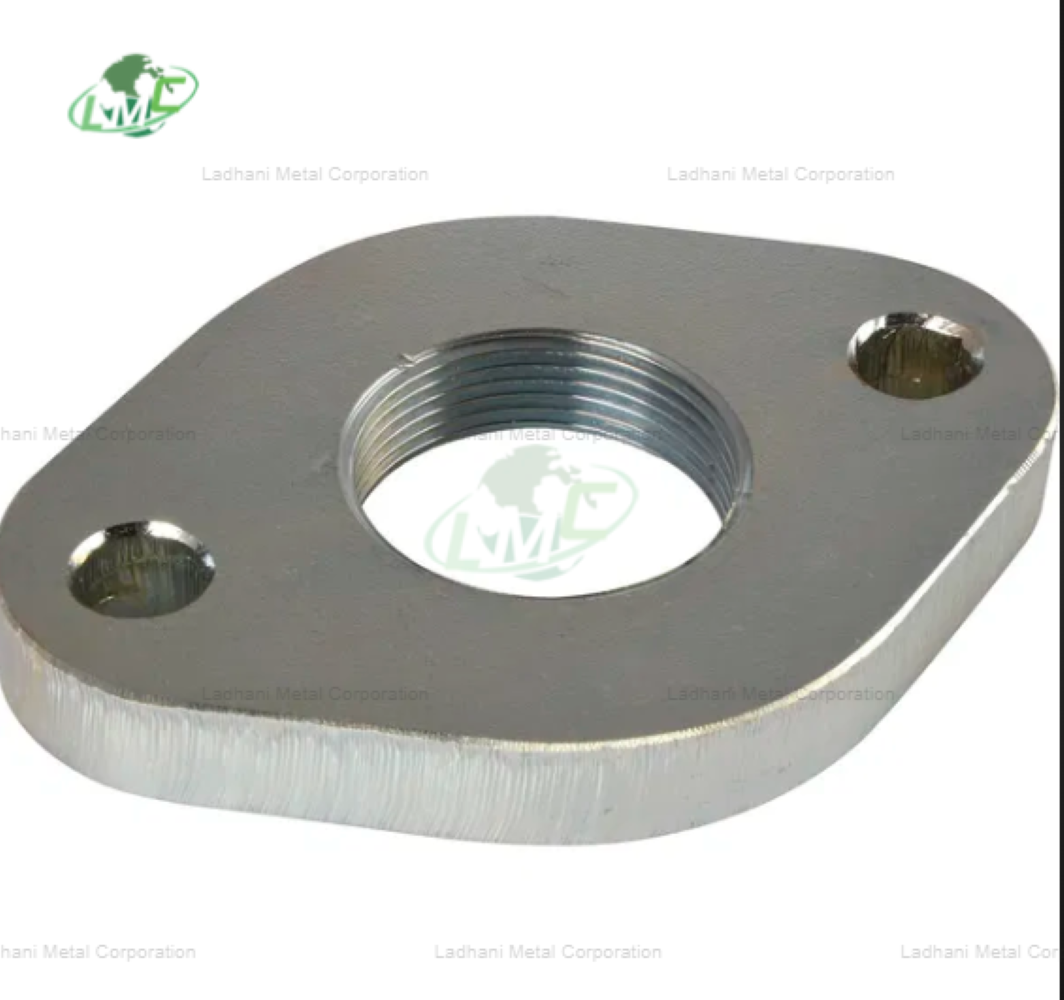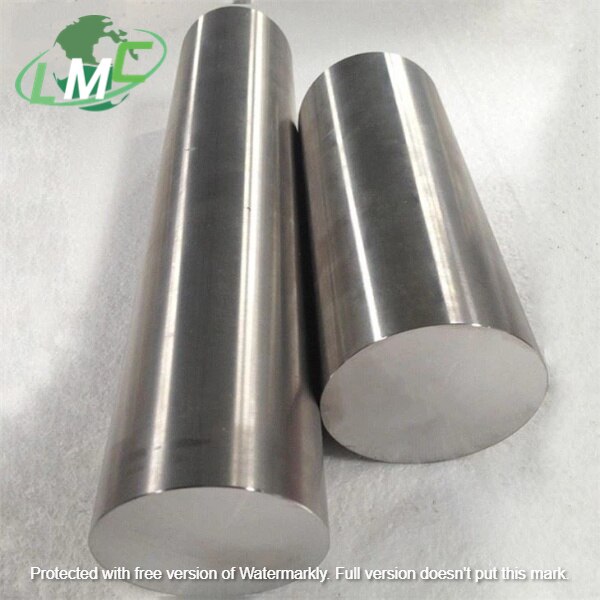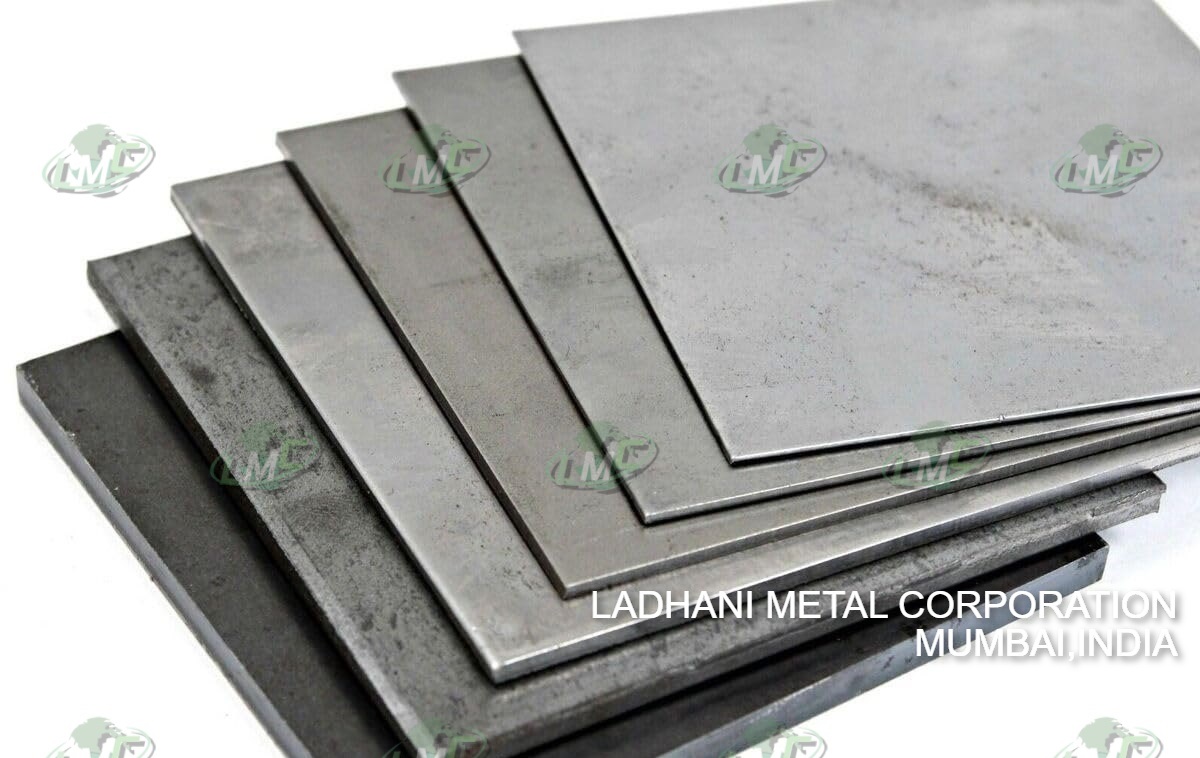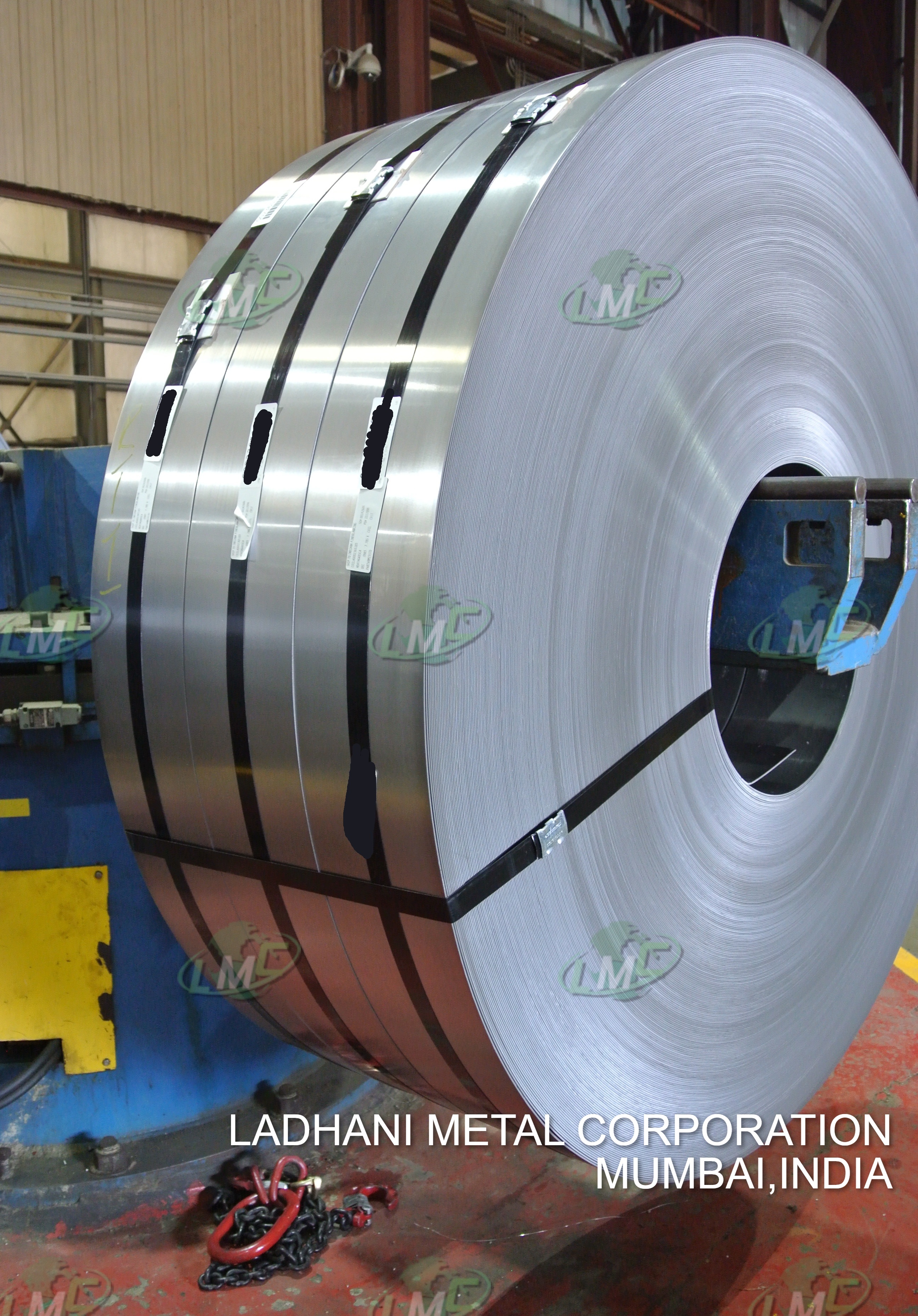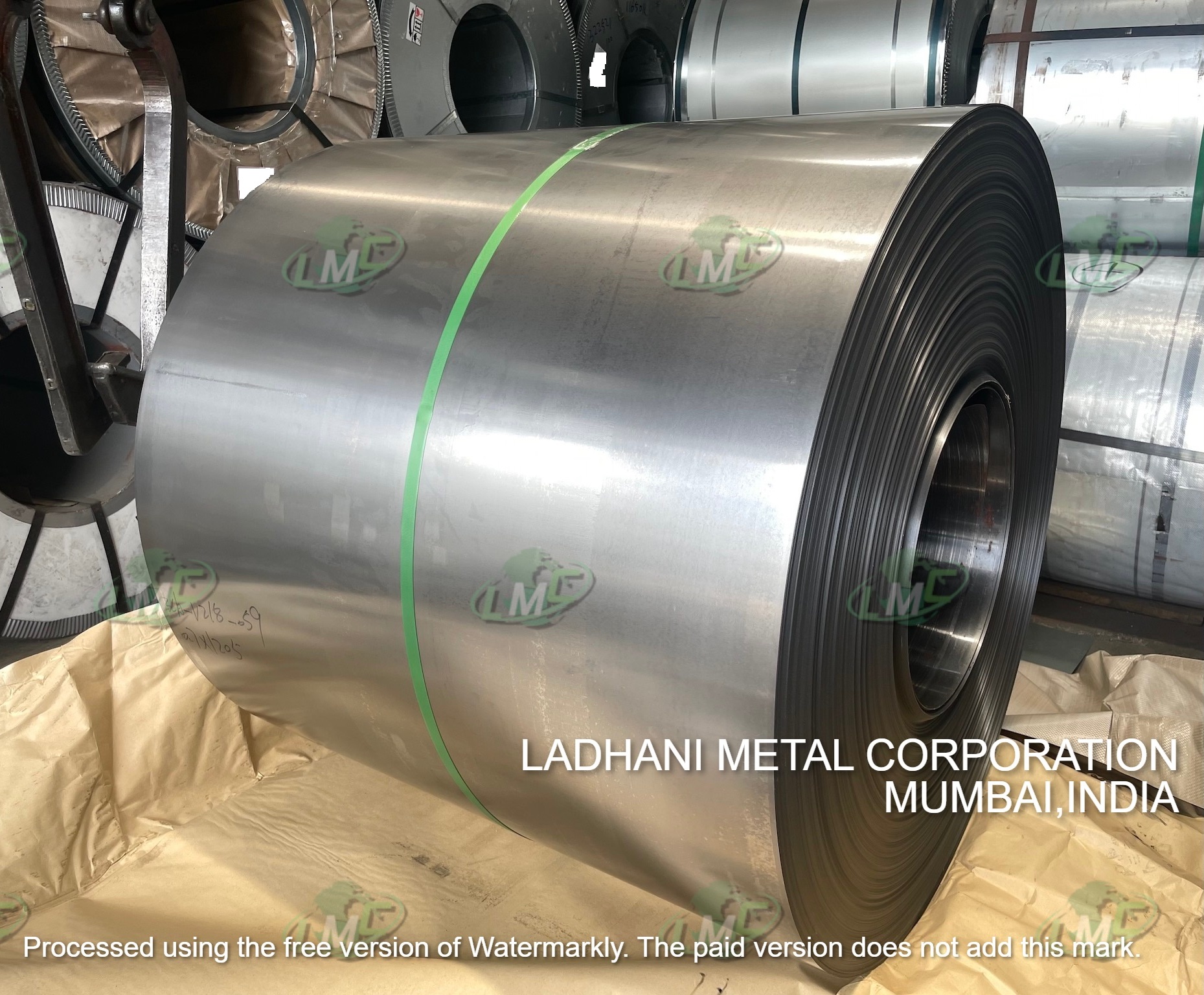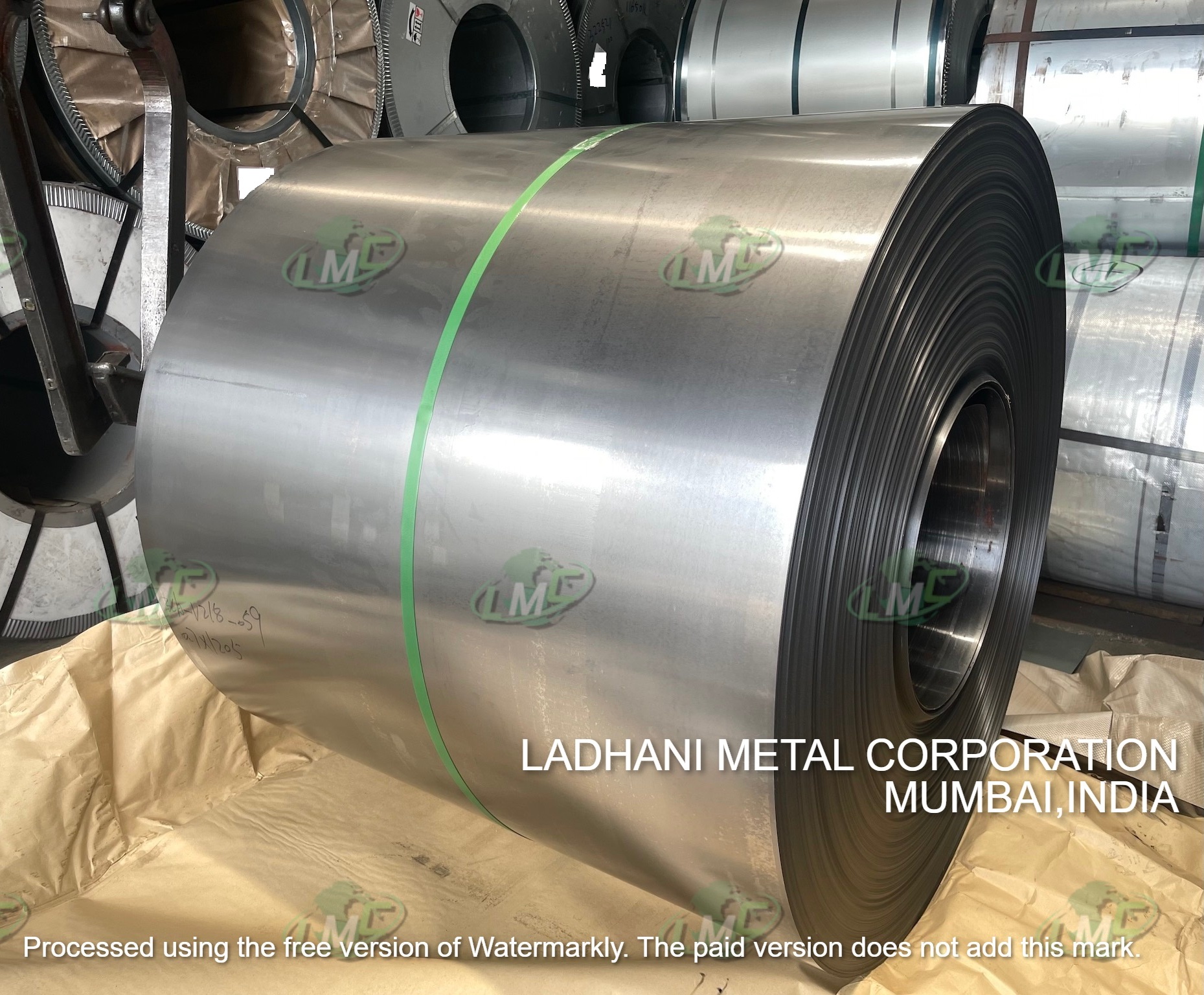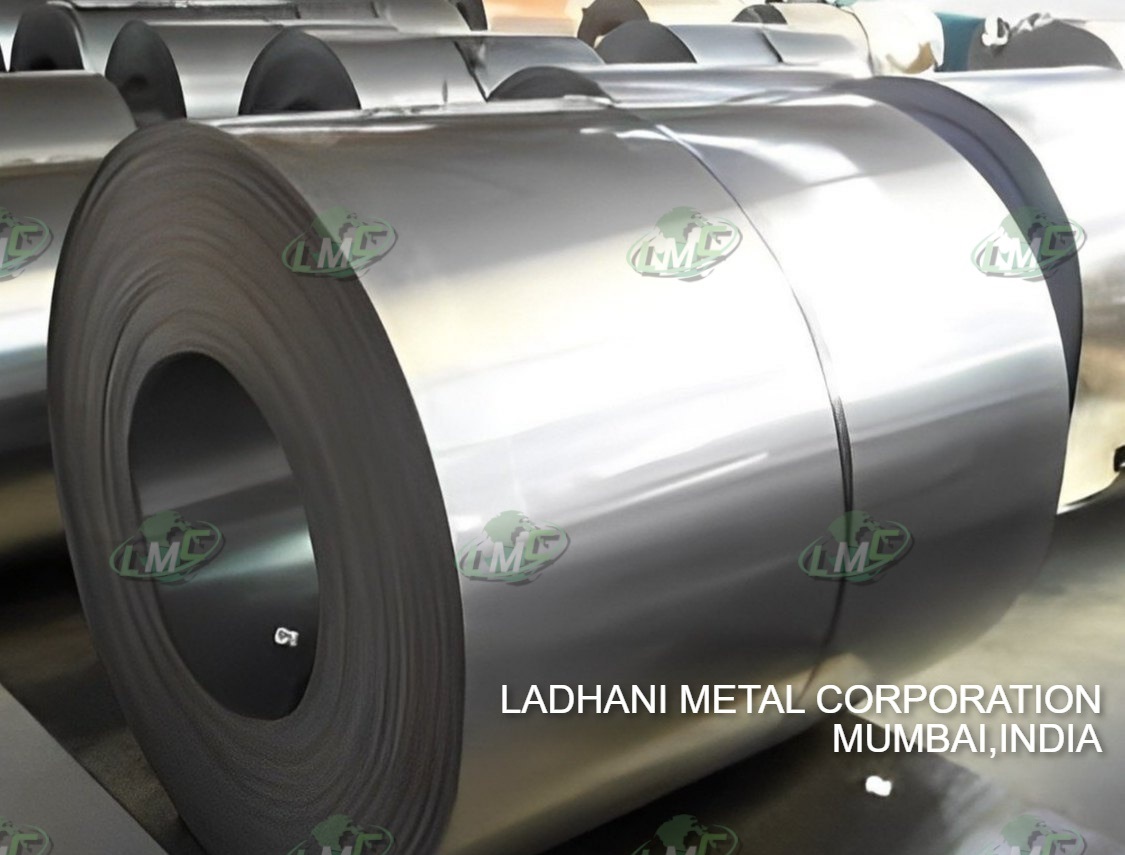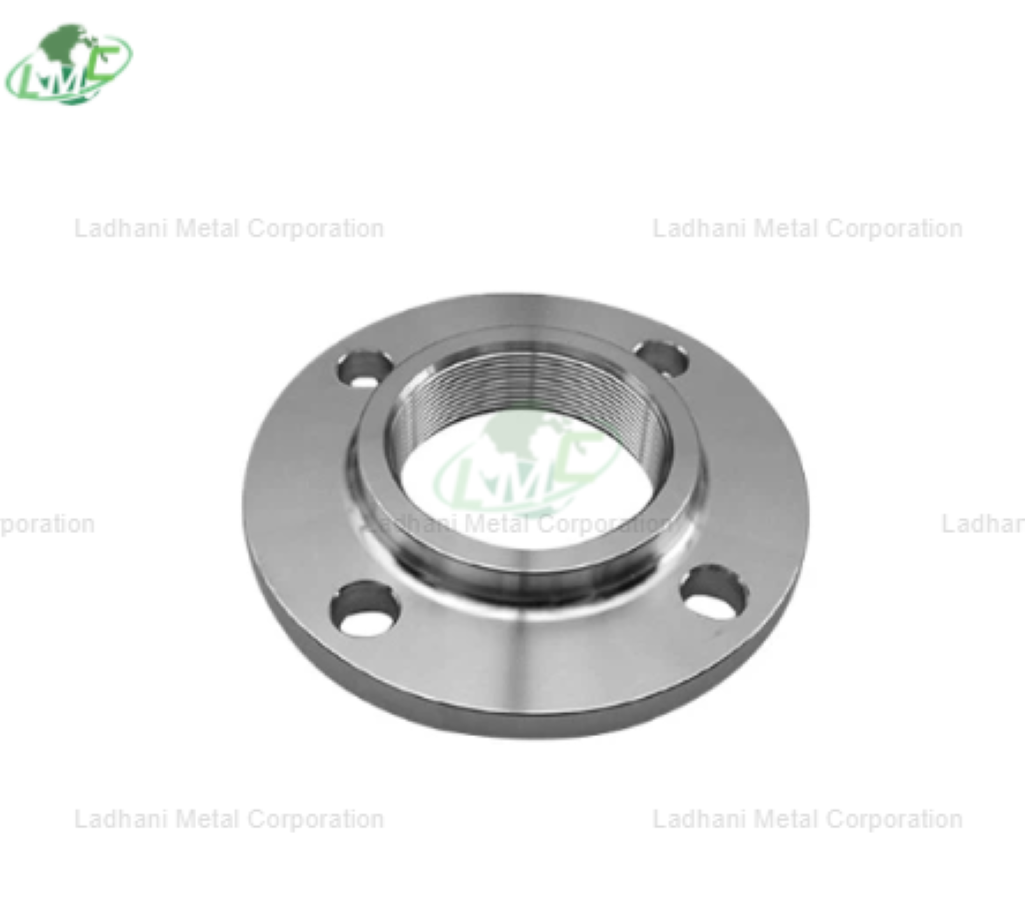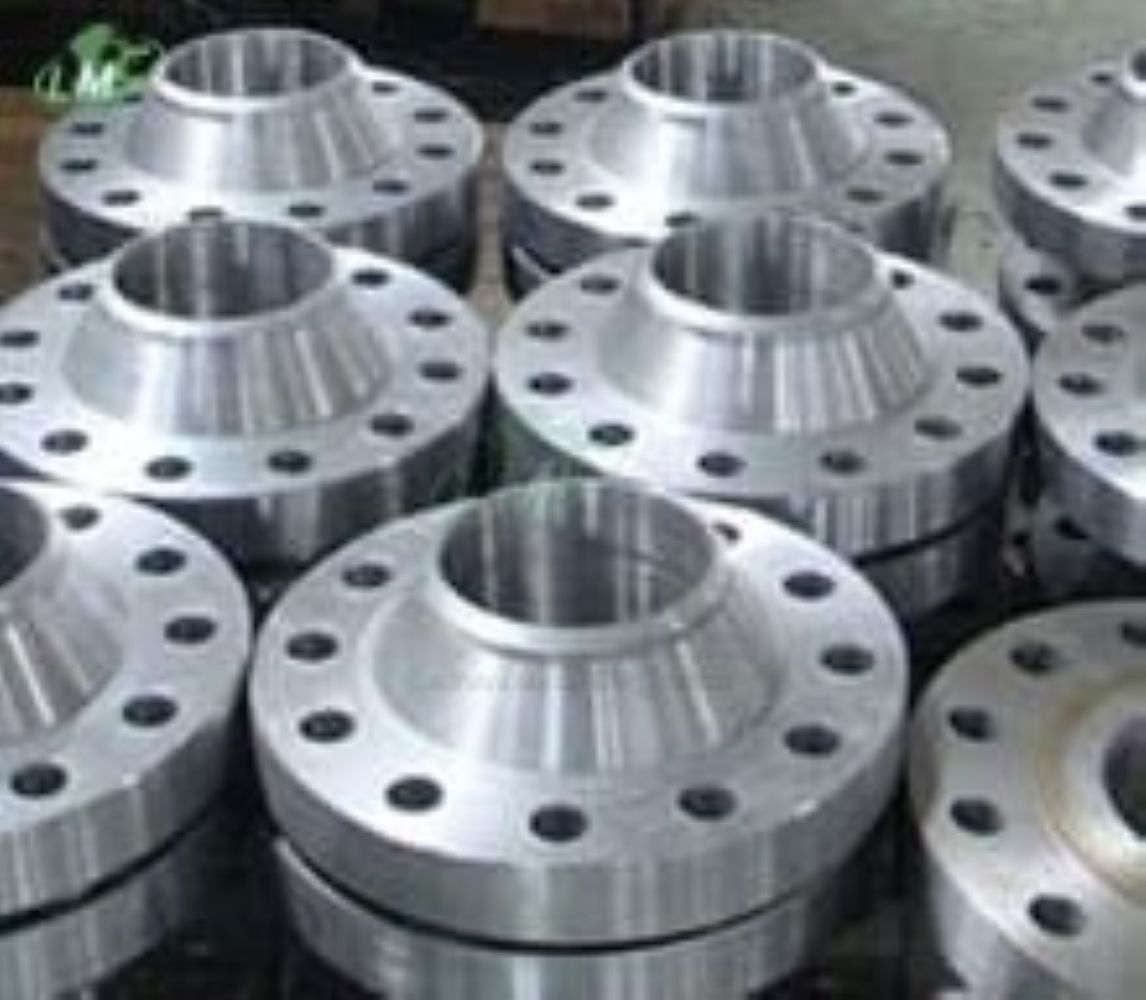The DIN 2558 Super Duplex Flange PN 6 is a high-performance piping component engineered for the most demanding industrial applications. Designed in accordance with DIN (Deutsches Institut für Normung) specifications, these flanges are manufactured from premium-grade super duplex stainless steel, offering outstanding mechanical strength and superior corrosion resistance, particularly in aggressive environments. Supplied by Ladhani Metal Corporation, these flanges are trusted by industries that require durability, safety, and long-lasting performance. Super duplex flanges are widely used in offshore oil and gas, petrochemical, chemical processing, desalination, and marine applications where resistance to stress corrosion cracking, pitting, and erosion is essential. The PN 6 pressure rating (6 bar or approximately 87 psi) makes them suitable for medium-pressure systems requiring robust and corrosion-resistant connections. Types: Weld Neck Flange – Offers a strong welded connection ideal for high-pressure and high-temperature systems. Slip-On Flange – Easy to install and weld, suitable for lower-stress applications. Blind Flange – Used to seal off the end of a pipeline, ensuring zero leakage. Threaded Flange – Provides a screw-type connection where welding isn’t preferred. Socket Weld Flange – Ideal for small-diameter, high-pressure applications requiring a smooth bore and secure weld. Grade & Chemical Composition: Super Duplex 2507 (UNS S32750): Chromium (Cr): 24.0 – 26.0% Nickel (Ni): 6.0 – 8.0% Molybdenum (Mo): 3.0 – 5.0% Nitrogen (N): 0.24 – 0.32% Manganese (Mn): ≤ 1.2% Silicon (Si): ≤ 0.8% Carbon (C): ≤ 0.03% Iron (Fe): Balance Key Properties: Exceptional resistance to chloride-induced stress corrosion cracking, pitting, and crevice corrosion High tensile and yield strength—almost double that of conventional austenitic stainless steels Outstanding performance in seawater and chemically aggressive environments PN 6 Rating: The PN 6 pressure rating corresponds to 6 bar (approximately 87 psi), making this flange ideal for medium-pressure pipelines where superior strength and corrosion resistance are required for safe and long-lasting operation. Features: Corrosion Resistance: Excellent resistance to both uniform and localized corrosion, even in chloride-rich environments such as seawater. High Mechanical Strength: Delivers outstanding load-bearing capacity, enabling the use of thinner wall sections for lighter system design. Long Service Life: Built for durability in extreme conditions, reducing maintenance and replacement costs over time. Stress Corrosion Resistance: Provides safety in high-stress, high-temperature, and aggressive chemical conditions. Industry Versatility: Widely used in offshore platforms, chemical plants, desalination units, marine vessels, and high-performance piping systems. Cost Efficiency: High strength and corrosion resistance allow for optimized system design with reduced material usage. Ladhani Metal Corporation ensures that each DIN 2558 Super Duplex Flange is manufactured using advanced technology and strict quality control processes. These flanges deliver the strength, reliability, and corrosion resistance required in the most challenging industrial applications—offering a dependable, long-term solution for critical infrastructure. #din2558 #din2558flanges #din2558superduplexflanges #flanges
Send Message
